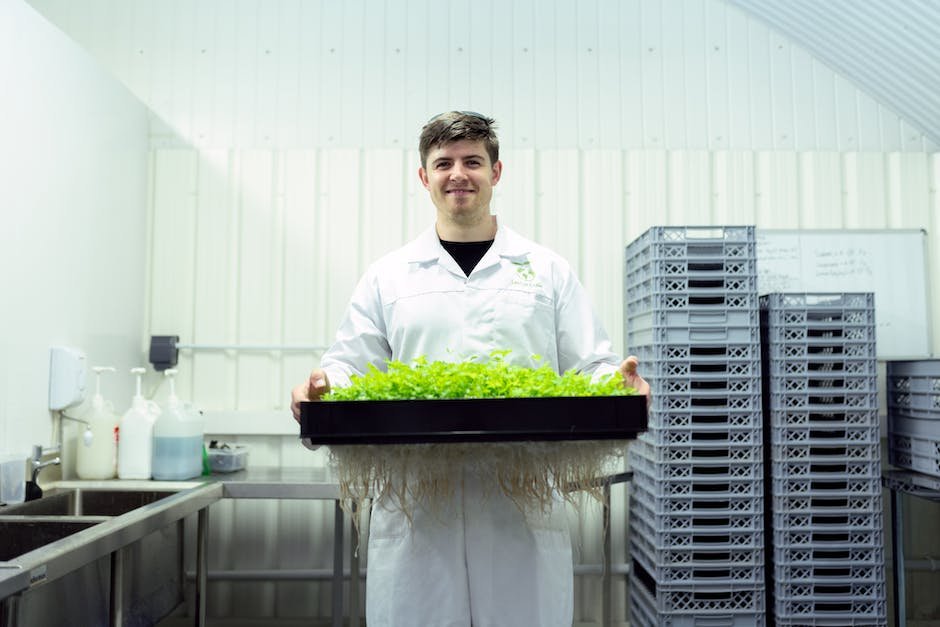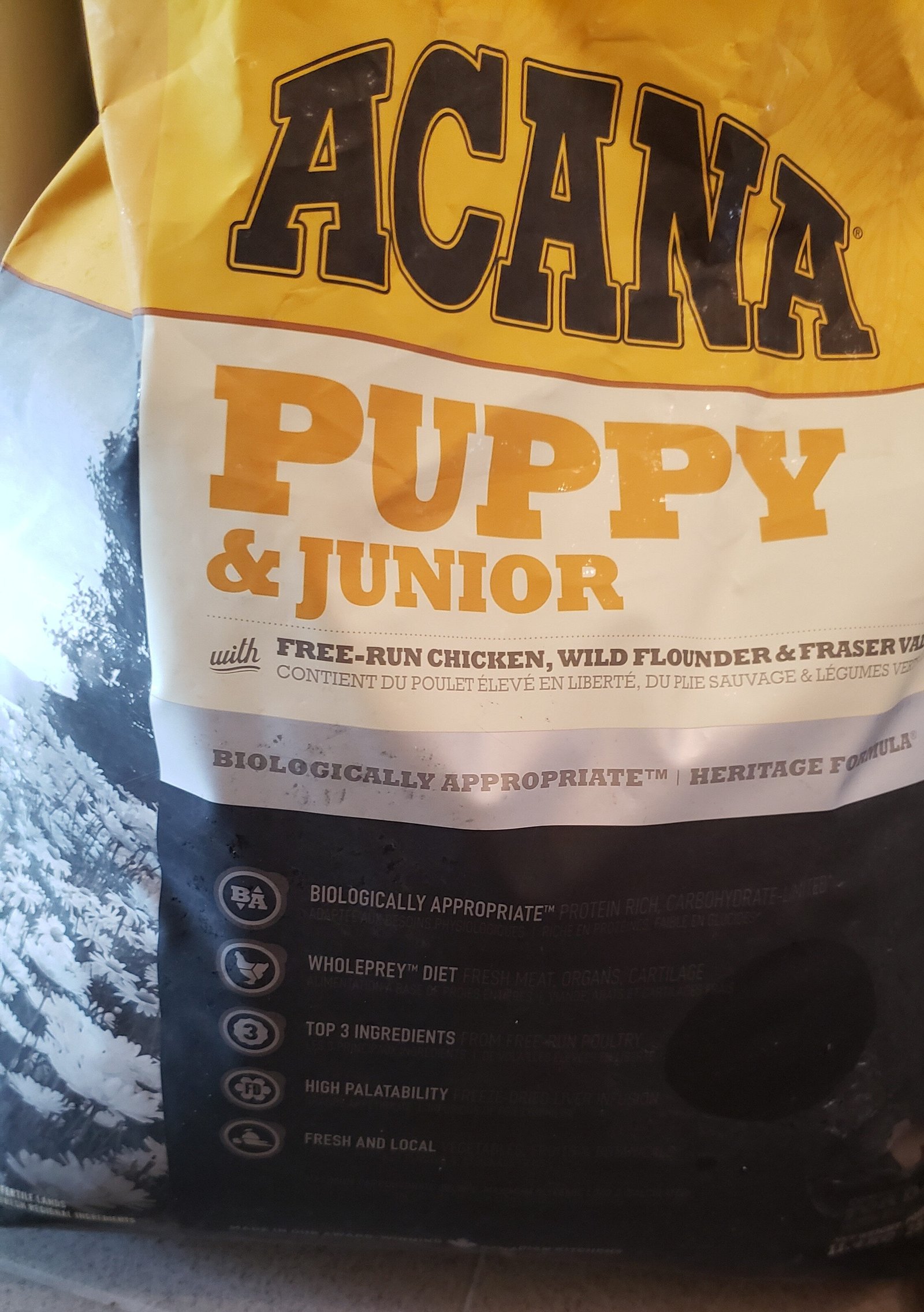Imagine bringing home a fluffy ball of energy, a tiny creature filled with boundless curiosity and love. Your heart is filled with excitement and anticipation as you hold your new puppy close. But before embarking on a magical journey together, there is one crucial aspect that must be addressed: puppy nutrition. Proper nutrition forms the foundation for a healthy and happy canine companion, setting the stage for successful training and an overall fulfilling life. In this article, we will delve into the importance of puppy nutrition and explore the key factors that contribute to the development of these adorable creatures. So, let’s dive in and uncover the secrets to raising a nourished and well-rounded pup!
Table of Contents
- The Importance of a Balanced Diet for Your Puppy’s Growth and Development
- Choosing the Right Puppy Food: Understanding Key Nutritional Requirements
- Tips for Feeding Your Puppy: Portion Control and Meal Frequency
- Addressing Common Nutritional Concerns: Allergies and Sensitivities
- Integrating Treats into Your Puppy’s Diet: Balancing Training Rewards with Nutritional Needs
- Q&A
- Future Outlook

The Importance of a Balanced Diet for Your Puppy’s Growth and Development
A Balanced Diet for Your Puppy’s Growth and Development:
Feeding your puppy a balanced diet is crucial for their overall growth and development. Just like in humans, a well-rounded diet provides the essential nutrients, vitamins, and minerals that are necessary for their optimal health. Here are some key reasons why maintaining a balanced diet is so important:
- Proper Weight Management: A balanced diet helps your puppy maintain a healthy weight, preventing them from becoming overweight or underweight. This is vital as excess weight can put a strain on their developing bones and joints, while a lack of proper nutrition can hinder proper growth.
- Strong Immune System: By providing a variety of foods, you can ensure your puppy receives all the necessary nutrients that boost their immune system. This helps them fight off illnesses and infections, keeping them active and happy.
- Healthy Teeth and Bones: A balanced diet promotes the development of strong teeth and bones in puppies. Essential nutrients like calcium, phosphorus, and vitamin D aid in the formation of strong, healthy teeth and bones, reducing the risk of dental issues and skeletal problems later in life.
- Optimal Brain Development: Omega-3 fatty acids, found in foods like salmon and flaxseeds, play a vital role in the development of your puppy’s brain and cognitive function. Including these nutrients in their diet helps promote their learning abilities and overall mental well-being as they grow.
- Fuel for Energy: Puppies have boundless energy, and a balanced diet provides them with the fuel they need to stay active and engaged in their daily activities. Including high-quality proteins and carbohydrates in their meals ensures they have the energy necessary for proper growth and development.
Remember, every puppy is unique, and their dietary needs may vary. Consulting with a veterinarian or professional dog nutritionist is always recommended to create a personalized and balanced diet plan that suits your puppy’s specific requirements. By making nutrition a priority, you are setting your puppy up for a healthy and vibrant life!

Choosing the Right Puppy Food: Understanding Key Nutritional Requirements
When it comes to selecting the perfect puppy food for your furry friend, understanding their key nutritional requirements is essential. Providing the right balance of nutrients is crucial for their growth and development. Here are some factors to consider before making your decision:
- Age and Breed: Every puppy has unique dietary needs based on their age and breed. Small breed puppies require a different nutrient composition than large breed ones. Make sure to pick a food that is specifically formulated for your puppy’s age and breed to ensure they get the right nourishment.
- Protein Content: Protein is the building block of muscle and plays a vital role in a puppy’s overall development. Look for puppy foods with high-quality, animal-based proteins as the primary ingredient, such as chicken or lamb.
- Nutritional Balance: A well-balanced diet is essential for your puppy’s health. Ensure the food you choose contains a proper mix of proteins, carbohydrates, fats, vitamins, and minerals. Consult your veterinarian to determine the ideal nutritional balance for your puppy’s specific needs.
- Avoid Fillers: Beware of puppy foods that contain fillers like corn, wheat, and soy. These ingredients provide little nutritional value and may cause allergies or digestive issues. Opt for foods with natural, whole-food ingredients to provide the best nutrition for your puppy.
- Quality Control: Look for puppy foods that undergo rigorous quality control measures. Choose brands that have a reputation for producing high-quality, safe products. Check for certifications to ensure their commitment to meeting industry standards.
Remember, understanding your puppy’s nutritional requirements and choosing the right food is a crucial step in providing them a healthy start in life. Consult with your veterinarian for personalized recommendations based on your puppy’s unique needs.

Tips for Feeding Your Puppy: Portion Control and Meal Frequency
When it comes to feeding your adorable little bundle of fur, it’s important to strike the right balance. Maintaining proper portion control and meal frequency is crucial for the healthy development of your puppy. Here are a few tips to keep in mind:
- Size Matters: The size of your puppy plays a significant role in determining the appropriate portion sizes. A small breed puppy will require less food compared to a large breed pup. Consider consulting your veterinarian or referring to the feeding guidelines on the puppy food packaging to avoid overfeeding or underfeeding.
- Frequent Feeding: Puppies have smaller stomachs and higher energy needs, so they require more frequent meals than adult dogs. Generally, it is recommended to feed your puppy 3-4 small meals spread throughout the day instead of 2 larger meals. This helps to prevent digestive issues and keeps their energy levels steady.
- Watch for Signs: Keep an eye on your puppy’s body condition and weight. Adjust the portion sizes accordingly if you notice any significant changes. Remember, each puppy is unique, and their nutritional requirements may vary. Regularly monitor their weight and consult your vet as needed to ensure they are receiving the correct amount of food.
By maintaining portion control and meal frequency, you are setting your puppy up for a healthy start in life. Remember, a well-fed puppy is a happy puppy!
Addressing Common Nutritional Concerns: Allergies and Sensitivities
Allergies and Sensitivities
When it comes to nutrition, it’s essential to not only focus on meeting our body’s dietary needs but also to address any common concerns that may arise. One significant area of concern is allergies and sensitivities, which can have a profound impact on our overall health and well-being.
It is important to understand the difference between an allergy and sensitivity. An allergy occurs when the immune system overreacts to a particular food or substance, triggering a range of symptoms such as hives, swelling, or even anaphylaxis. On the other hand, a sensitivity is less severe but can still cause discomfort or digestive issues, such as bloating, gas, or diarrhea.
Fortunately, there are ways to navigate allergies and sensitivities while still maintaining a well-rounded and nutritious diet. Here are some helpful tips:
- Identify and avoid trigger foods: Keep a food diary and work with a healthcare professional to pinpoint any potential allergens or sensitivities that may be causing problems. By eliminating these trigger foods from your diet, you can better manage your symptoms.
- Explore alternative options: If you have a food allergy or sensitivity, it doesn’t mean you have to miss out on essential nutrients. Look for substitute ingredients or alternative sources that can provide the necessary vitamins and minerals your body needs.
- Read food labels carefully: Pay close attention to ingredient labels to ensure your food doesn’t contain any allergens or trigger substances. Manufacturers are required to clearly list common allergens, so be vigilant and double-check every time you go grocery shopping.
- Seek professional guidance: Consulting a registered dietitian or allergist can be immensely beneficial in managing allergies and sensitivities. They can help create a personalized meal plan that ensures your nutritional needs are met without compromising your health.
By addressing and managing allergies and sensitivities, you can enjoy a balanced and nourishing diet while keeping any potential adverse reactions in check.
Integrating Treats into Your Puppy’s Diet: Balancing Training Rewards with Nutritional Needs
When it comes to training your adorable little bundle of joy, using treats as rewards is an effective way to reinforce positive behaviors. However, it’s crucial to strike a balance between providing yummy incentives and meeting your puppy’s nutritional needs. Here are some tips to help you navigate the delicate art of integrating treats into your puppy’s diet:
- Choose high-quality, nutritious treats: While it may be tempting to opt for cheap, low-quality treats, remember that your puppy’s health should always come first. Look for treats made from real ingredients, such as lean meats or vegetables, and avoid those with added artificial colors, flavors, or preservatives.
- Control the treat portion size: Treats should be small enough to prevent overfeeding. By breaking them into bite-sized pieces, you can use them as rewards without compromising your puppy’s overall calorie intake. Remember, a little goes a long way!
- Balance treats with a balanced diet: Treats should supplement your pup’s diet, not replace it. Ensure that the main meals consist of high-quality, nutritionally balanced puppy food that meets their specific needs. Use treats as a complement, not the main course.
Remember, training is an ongoing process, and finding the right balance between treats and nutrition is essential for your puppy’s long-term health. With a conscious approach to treat integration, you can reward your little one while ensuring they receive the nutrients they need to thrive.
Q&A
Q: Why is puppy nutrition important for successful training?
A: Puppy nutrition plays a vital role in training as it directly affects the physical and mental development of your furry friend. Proper nutrition ensures your puppy has sufficient energy, focus, and overall health to excel in training sessions.
Q: What should I consider when choosing a puppy’s diet?
A: When choosing a puppy’s diet, it’s crucial to look for well-balanced, high-quality foods that meet their nutritional needs. Opt for formulas specifically designed for puppies to promote growth, support their immune system, and maintain a healthy weight.
Q: Are there any specific nutrients that should be included in a puppy’s diet?
A: Yes, certain nutrients are essential for a puppy’s healthy development. Look for diets rich in high-quality proteins, such as lean meats or fish, which aid in muscle growth. Additionally, foods containing omega-3 fatty acids, vitamins, and minerals contribute to brain development and promote a shiny coat.
Q: How often should I feed my puppy?
A: Puppies typically require frequent meals to support their rapid growth and metabolism. It’s recommended to feed them three to four times a day until they reach around 6 months of age. Then, you can gradually transition to two meals a day to maintain their nutritional needs.
Q: Is it necessary to use puppy-specific food for training treats?
A: While using puppy-specific treats is not mandatory, it is recommended as they are formulated to meet the nutritional requirements of growing pups. Puppy treats often have appropriate sizes, flavors, and textures that make them more enticing during training sessions, ensuring a positive reinforcement experience.
Q: Can I include homemade meals in my puppy’s diet?
A: Homemade meals can be a great addition to your puppy’s diet, but it’s crucial to ensure they are nutritionally balanced and meet the specific needs of your growing pup. Consulting with a veterinary professional or a canine nutritionist is advisable to ensure their diet is well-rounded and provides all the necessary nutrients.
Q: Are there any common foods that I should avoid feeding my puppy?
A: Yes, some human foods pose a health risk to puppies and should be avoided. These include chocolate, caffeine, grapes and raisins, onions, garlic, avocados, alcohol, and excessive amounts of salt. These foods can cause various health issues ranging from upset stomachs to organ damage.
Q: How can I tell if my puppy’s diet is working for them?
A: You can assess the effectiveness of your puppy’s diet by monitoring their energy levels, coat quality, growth rate, and overall health. Regular check-ups with a veterinarian can also help ensure your furry companion is receiving proper nutrition for successful training and development.
Future Outlook
As we wrap up our exploration into the world of puppy nutrition and its role in setting the stage for successful training, we find ourselves immersed in a symphony of possibilities. Just like a maestro delicately conducts the orchestra, shaping each note with precision and finesse, we have delved into the intricacies of nourishing our furry companions to unleash their full potential.
Through our journey, we have uncovered the secret language of nutrition, deciphering the ingredients that compose the melody of a healthy diet. By harmonizing proteins, fats, and carbohydrates in their appropriate measures, we have crafted a virtuosic composition that fuels the boundless energy of our furry protégés.
We have explored the intricate connection between nutrition and cognition, recognizing how our pups’ mental faculties flourish when fueled adequately. Like a perfectly tuned instrument, a well-nourished puppy becomes receptive to learning, grasping new commands and tricks with ease.
Our quest has also taken us to the enchanted land of proper food portions. Just as a conductor maintains the delicate equilibrium of instruments in an orchestra, we have delved into the ideal balance of nutrients, ensuring our companions receive adequate sustenance without overindulgence. It is in this harmony that we forge a foundation for physical and mental wellbeing.
But our journey does not end here; rather, it marks the beginning of an extraordinary partnership between puppy and human. Armed with the knowledge of nutrition as our guide, we embark on the path of training, where patience and perseverance become our guiding light. Together, we shall dance to the rhythm of training sessions, building a bond that transcends ordinary expectations.
As we bid adieu to our exploration into puppy nutrition, let us remember that just as a perfectly conducted symphony elicits emotions and captivates hearts, a well-nourished and trained puppy fills our lives with joy, laughter, and endless paw prints of love. May your harmonious journey with your furry companion be filled with wagging tails, delicious treats, and an orchestra of accomplishments.
As an affiliate, my content may feature links to products I personally use and recommend. By taking action, like subscribing or making a purchase, you’ll be supporting my work and fueling my taco cravings at the same time. Win-win, right?
Want to read more? Check out our Affiliate Disclosure page.